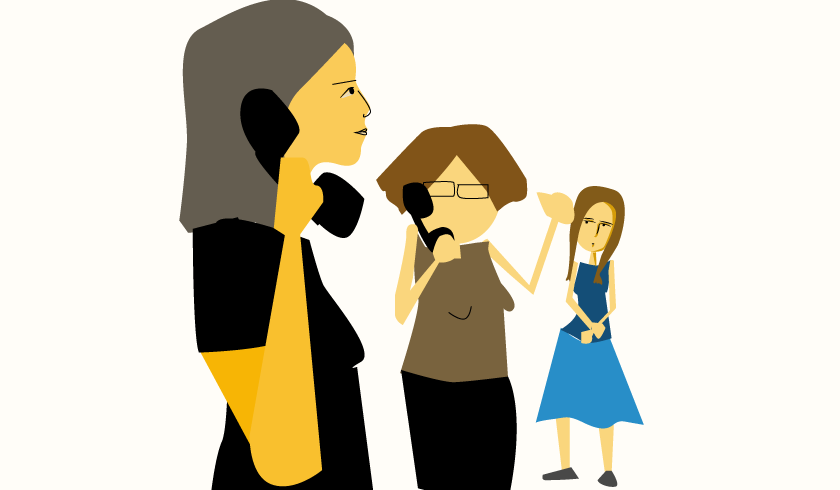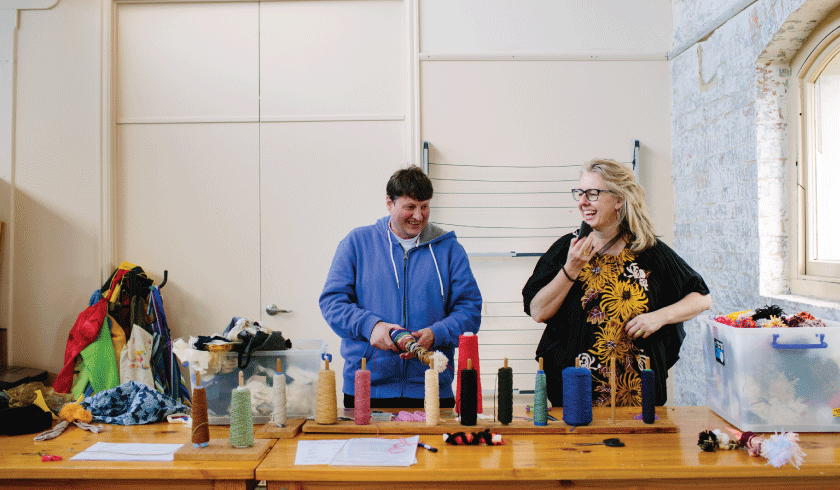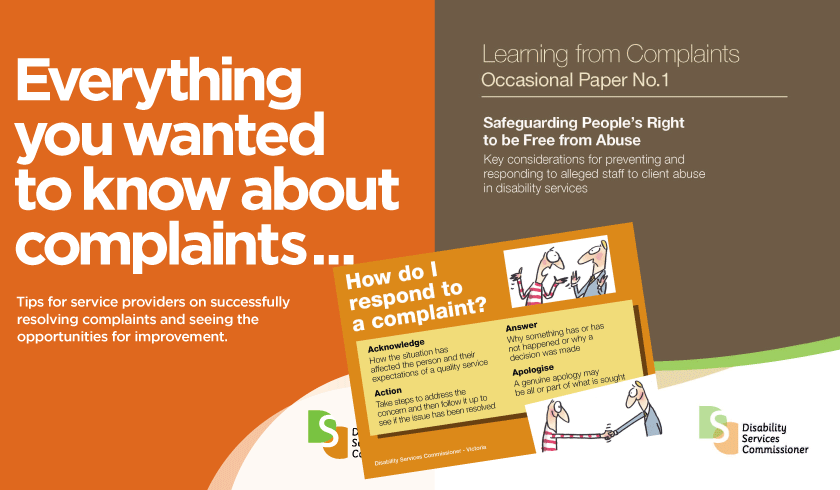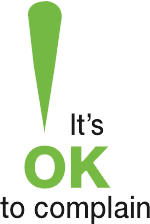Download in PDF (96 KB)
Conciliation allows all participants to have their voices heard, to seek to understand other views, to explore the issues, and reach agreements on changes to disability services. As the advocate or support person, you can play a crucial role in supporting participants to explore the issues and seek successful resolution.
People who make a complaint to DSC are welcome to bring an advocate or support person with them to conciliation meetings.
A conciliation meeting is not a public hearing, court or tribunal. That means participants do not have to prove or disprove the complaint. A conciliation meeting is a voluntary process that allows all participants to have their voices heard, to seek to understand other views, to explore the issues and reach agreements if possible.
What happens before a conciliation?
We will speak with you and the person who made the complaint a few days before the meeting. Typically this is by telephone, and we prefer if we can speak with you at the same time. We will confirm the time, date and venue and discuss:
a. the issues referred to conciliation and how they will be discussed in the meeting
b. arrangements for the meeting including support and communication needs
c. the role of DSC
d. the aim of the conciliation
e. information regarding confidentiality
f. any concerns and questions.
How can I be involved in the conciliation?
As the advocate or support person, you play a crucial role in supporting participants to speak up, be heard, and seek successful resolution.
In our phone call, we will clarify aspects of your role in the meeting. The discussion about your role will focus on who you are supporting or representing and how you will participate in the meeting.
Firstly, if the complaint has been made by someone other than the person receiving the service, we need to know whether your role is to provide advocacy and support to the person who made the complaint or to the person receiving the service.
Secondly, we need to know whether the person you are supporting would like you to ‘stand behind’, ‘stand beside’ or speak on their behalf. To ‘stand behind’ the person means that you will not participate directly unless requested by the person you are supporting. To ‘stand beside’ means that we will address issues to both of you.
If you are representing or speaking on someone’s behalf, we will still try to check their views and understanding of what is being discussed.
What is my role during the conciliation?
Your role is to support the person to achieve resolution, shared understanding, and improved service outcomes.
Positive outcomes are more likely to be achieved if everyone is heard. You can encourage the participant to speak and ask questions, to listen carefully to the service provider, and to be realistic about possible outcomes.
We encourage you to raise any concerns as soon as possible. There will be a break in the meeting to discuss the issues. Any person can request a break at any time in the meeting.
What legal protections exist?
Under the Disability Act 2006, anything said or any documents exchanged during the conciliation process cannot be used as evidence in proceedings before a court or tribunal.
The DSC officers will remind all people at the conciliation meeting of these legal obligations.
What does DSC expect from me?
We expect that all conciliation participants will:
- respect how the conference is conducted;
- be respectful of all attendees; and
- cooperate with requests from the DSC officers.
Attendance at the meeting is voluntary. DSC has no power to require your attendance. Any participant can choose to withdraw from the meeting at any time.
You may also be asked to sign a confidentiality agreement.
What happens after the conciliation?
Your ongoing involvement following a conciliation can help the participant continue discussions with the service provider and take whatever actions are agreed to implement a resolution to the complaint.
What can I expect from DSC?
You can expect our approach to reflect:
Our Values: rights; fairness; respect; and
Our Principles: accessible; person-centred; accountable; responsive; and excellence.
Contact us
Phone (preferred): 1800 677 342 (free call from landlines)
Website: www.odsc.vic.gov.au
Fax: 03 8608 5765
Email: complaints@odsc.vic.gov.au
National Relay Service: www.relayservice.gov.au then 1800 677 342
Please note that DSC collects and uses personal and health information. More information can be found here: https://odsc.vic.gov.au/about-us/privacypolicy/
Download in PDF (96 KB)










